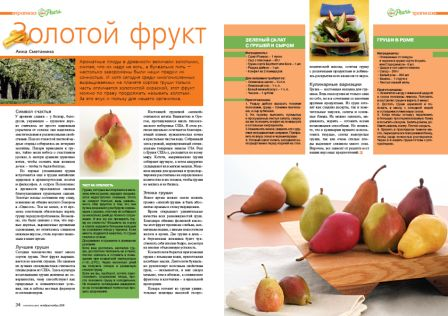ZAO “Aysel”, which belongs to the Azerbaijani businessman Elchin Akhmedov, acquired the active assets of “Sorus” – one of the pre-crisis fruit import leaders in St. Petersburg, which controlled 10% of the Russian fruit and vegetables market. Before the recession the three largest fruit importers in Russia were St. Petersburg holding companies: JFC (owner – Vladimir Kekhman), Sunway (owner – Shalmi Benyaminov) and Sorus (owner – Valeriy Linetskiy). Before 2008 they had controlled 42% of the market. During the economic breakdown Sunway and Sorus went bankrupt and JFC increased its market share from 23 to 29%.
Source: www.fruitnews.ru
